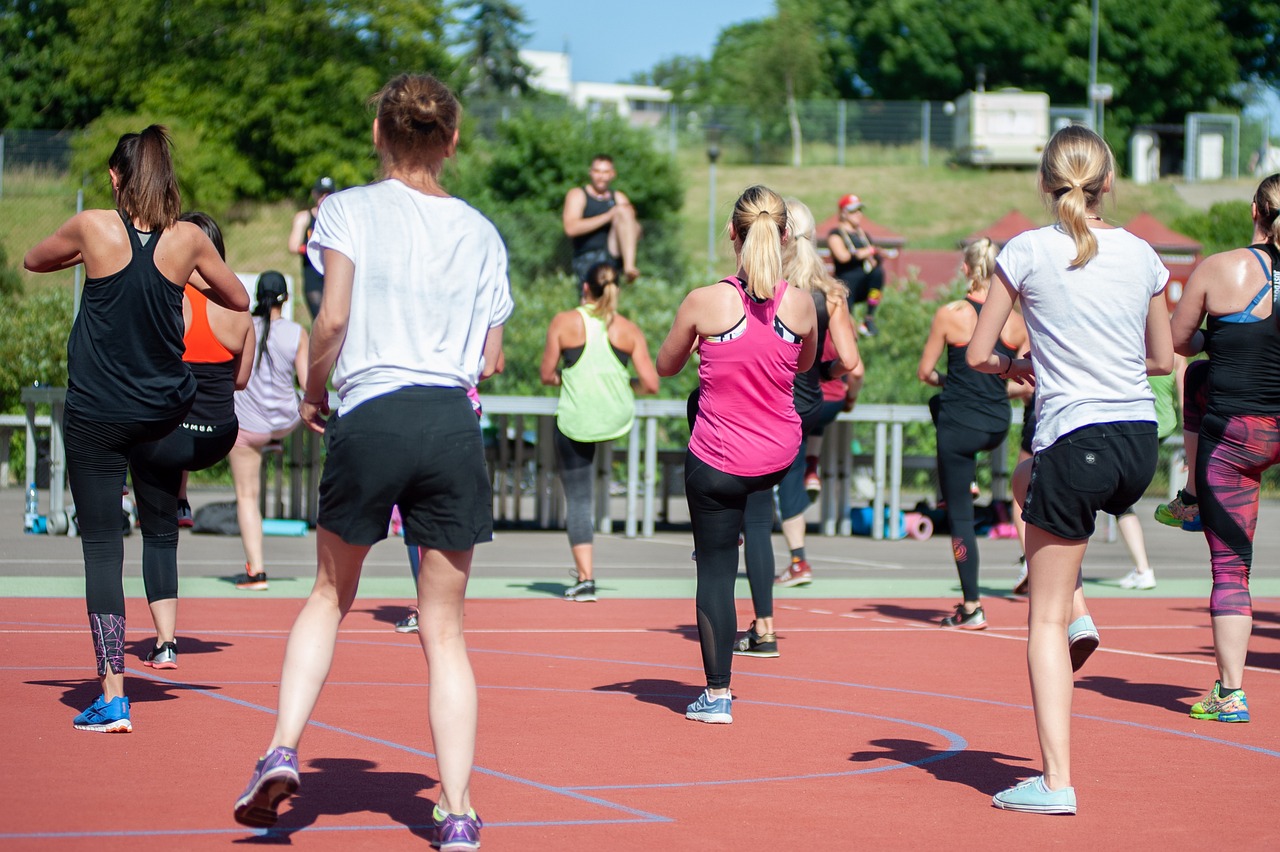Physical Wellness
Does Internet Revolution Impact on Increasing Lifelong Learning?
The barriers preventing educational participation might be dispositional and attitudinal rather than only practical, logistical or financial.
While those currently participating in adult learning were more likely to report having access to the internet at home, there was no evidence that the internet had enabled groups with high levels of non-participation to re-engage with education, according to a new study.
"Although easier access to the internet and faster connections may have facilitated informal learning opportunities, the vision of mass learning is simply a pipe-dream," Dr. Patrick White, the lead researcher of the study and a lecturer in the Department of Sociology at the University of Leicester claims.
The research, published in the British Educational Research Journal, used multivariate analysis to analyze data on more than 47,000 participants collected as part of annual surveys commissioned by the National Institute of Adult and Continuing Education (NIACE).
Pronouncements at government level about the creation of 'a learning society' where education is the key to a nation's economic development - the so-called 'knowledge economy'- are not backed by evidence in society, the researchers found.
In every survey year from 2002 to 2010 the majority of adults surveyed said that they had not engaged in any form of learning in the three years before being questioned. Those who had participated, however, were likely to be young, well-educated, economically active and working in skilled, non-manual occupations.
Analysis suggests that participation in adult learning neither increased nor widened during the first decade of the 21st Century.
Commenting on the research, Dr. Fiona Aldridge, Head of Research at NIACE, said: "There are many challenges highlighted by the research including the crucial need to promote adult learning to adults from all walks of life, who do not believe that learning is for them."
"We need to overcome the maxim that 'if at first you don't succeed in learning then you never do'. While this is true for far too many people, we also know that thousands of adults get back into learning every year, defying the norm and reaping the benefits," he added.









Join the Conversation